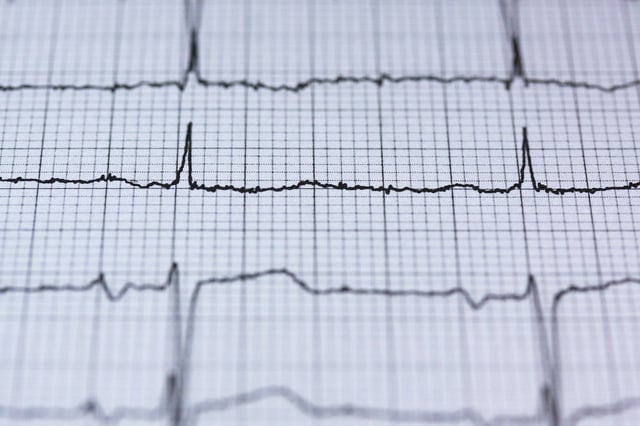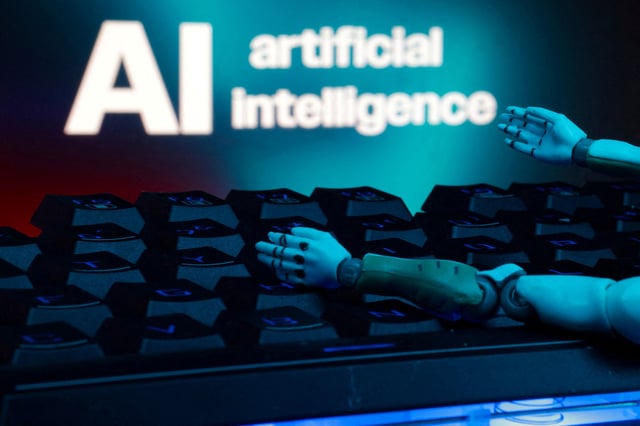Overview
- EchoNext achieved 77% accuracy versus 64% for 13 cardiologists in detecting structural heart disease on 3,200 ECGs, according to results published in Nature.
- Clinical trials of EchoNext have launched in eight emergency departments to evaluate its ability to triage patients for echocardiography in real-world settings.
- Imperial College London’s valvular disease algorithm demonstrated 69–79% accuracy in predicting regurgitant valve defects and flagged high-risk individuals who were up to ten times more likely to develop disease.
- Imperial’s model was trained on nearly 1 million ECG–echocardiogram records from over 400,000 Chinese patients and validated on more than 34,000 US patients to confirm its cross-population reliability.
- By augmenting routine ECGs with AI, these tools aim to shift cardiac care toward proactive screening and earlier intervention for asymptomatic structural and valvular conditions.


